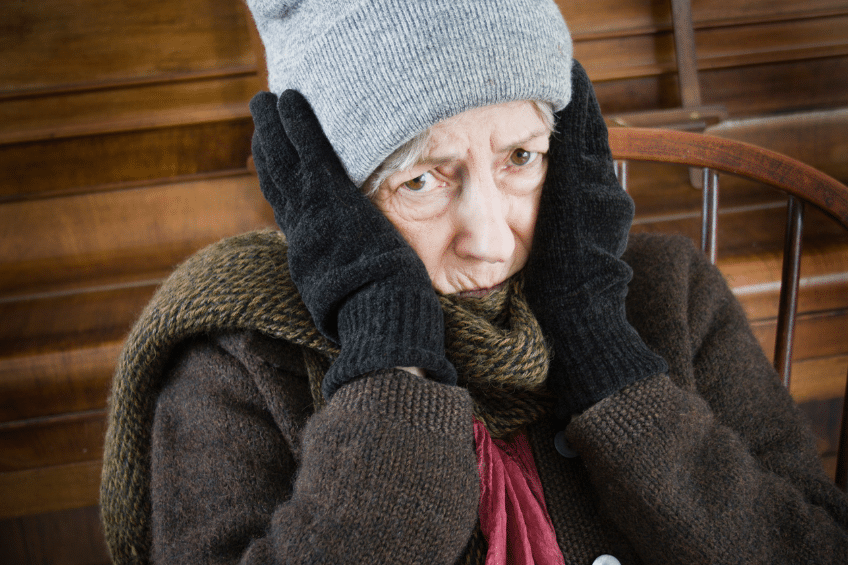By John Salak –
The weather outside may not only be frightful, but it could also quite possibly be deadly, especially for individuals with cardiovascular disease.
Heart disease already affects 20 million American adults, causing up to approximately 700,000 deaths annually, according to the Centers for Disease Control and Prevention. This makes it the leading cause of death in the country.
There is a seemingly endless stream of research on the causes of cardiovascular disease, many linked to diet, tobacco use and lifestyle. New research published by The American Heart Association, however, now reports that extremely hot and cold temperatures both increase the risk of death among those with cardiovascular diseases, such as ischemic heart disease (heart problems caused by narrowed heart arteries), stroke, heart failure and arrhythmia.
“The decline in cardiovascular death rates since the 1960s is a huge public health success story as cardiologists identified and addressed individual risk factors such as tobacco, physical inactivity, Type 2 diabetes, high blood pressure and others. The current challenge now is the environment and what climate change might hold for us,” explained Dr. Barrak Alahmad, a research fellow at the Harvard T.H. Chan School of Public Health at Harvard University.
Researchers responded by exploring how extreme temperatures may affect heart diseases by examining data from 32 million cardiovascular deaths that occurred in 567 cities in 27 countries on five continents between 1979 and 2019. The analysis specifically compared cardiovascular deaths on the hottest and the coldest 2.5 percent of days for each city against death rates on days that had optimal temperatures.
The extremes seemed to have a devasting impact. For every 1,000 cardiovascular deaths, there were 2.2 additional deaths during the hottest days, Extreme cold appeared to play an even greater factor, resulting in 9.1 additional deaths.
“While we do not know the reason, this may be explained by the progressive nature of heart failure as a disease, rendering patients susceptible to temperature effects. This is an important finding since one out of four people with heart failure are readmitted to the hospital within 30 days of discharge, and only 20 percent of patients with heart failure survive 10 years after diagnosis,” added Dr. Haitham Khraishah, co-author of the study and a cardiovascular disease fellow at the University of Maryland School of Medicine.
“We need to be on top of emerging environmental exposures. I call upon the professional cardiology organizations to commission guidelines and scientific statements on the intersection of extreme temperatures and cardiovascular health,” Alahmad said.
The AMA’s research isn’t the only recent work to identify a potential link between climate change, the advent of extreme temperatures and a rise in death rates for those with heart disease.
A European study presented recently at the European Society of Cardiology reported “detrimental associations” between cold weather and deaths from heart disease, particularly in poor neighborhoods.
“Climate change is leading to a rise in the average global temperature but also extreme cold in some regions. More than 70,000 excess deaths occurred across Europe during the summer of 2003 due to intense heatwaves. Cold weather also accounts for excess deaths and hospital admissions,” noted Stefan Agewall, a professor at the University of Oslo who authored the European study.
The analysis found that a 10°Celsius temperature drop from plus 5°C to minus 5°C resulted in a 19 percent greater risk of death from cardiovascular disease and a 22 percent increased risk of death from ischaemic heart disease.
“The relationships between cold temperatures and deaths were more pronounced in men and people living in neighborhoods with a low socioeconomic status,” Agewall added.
The impact of extreme heat likely brought about by climate change is also worrisome as WellWell reported in June. Deaths from heat stroke have grown substantially in recent years, particularly for those who work outside in hot conditions.
This recent research doesn’t provide an answer to the dangerous impact of climate change but it does offer a warning. That alone may lead to precautions that live lives.













